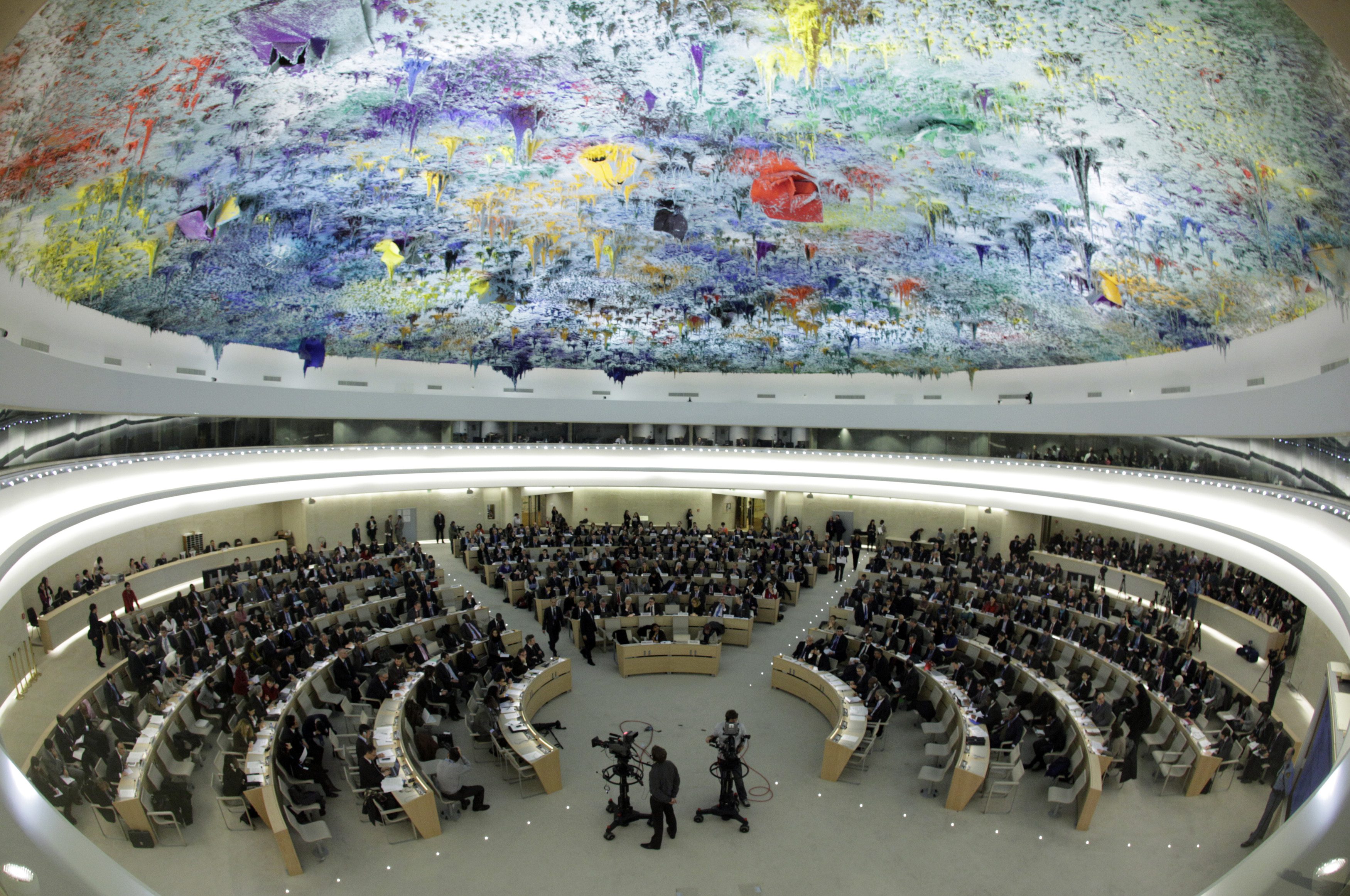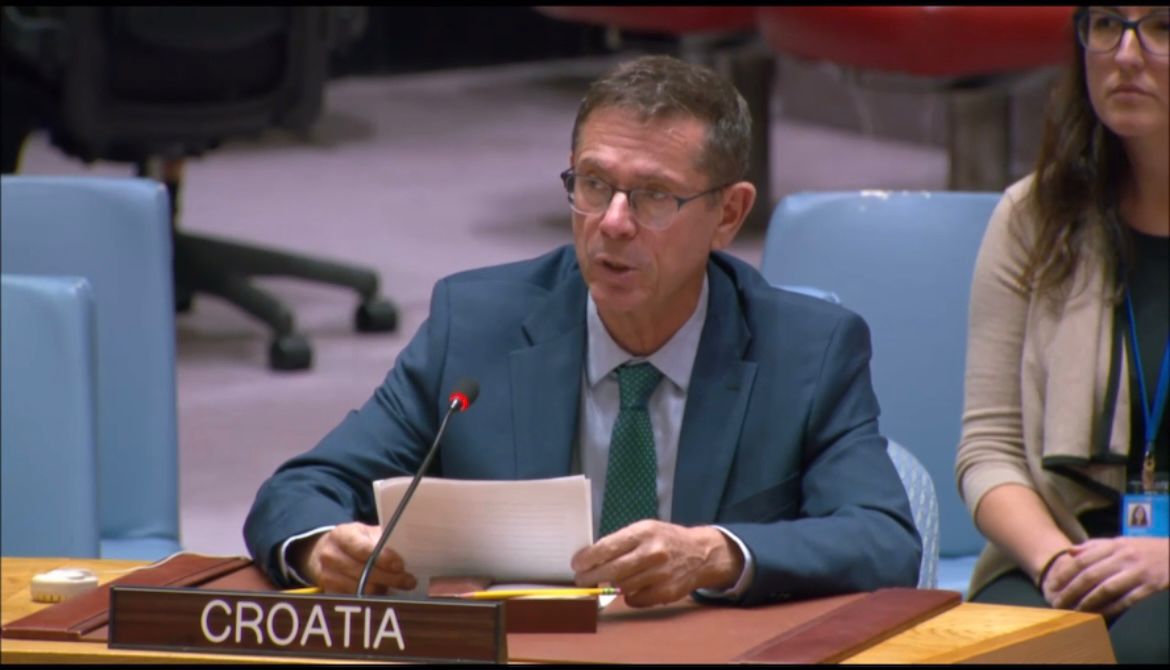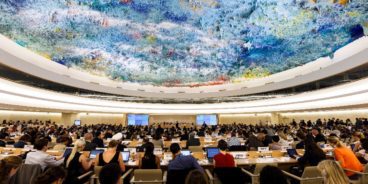

Statement delivered on behalf of the Group of Friends of R2P at the UN Security Council Open Debate on the Peaceful Settlement of Disputes
Mr/Mme President,
I have the honour of delivering this statement on behalf of the Group of Friends of the Responsibility to Protect, consisting of 55 Member States and the European Union, and this year co-chaired by Botswana, Costa Rica and Croatia.
The peaceful settlement of disputes lies at the heart of the Responsibility to Protect principle. Paragraph 139 of the 2005 World Summit Outcome Document opens with the assertion that “the international community, through the United Nations, also has the responsibility to use appropriate diplomatic, humanitarian and other peaceful means, in accordance with Chapters VI and VIII of the Charter, to help to protect populations from genocide, war crimes, ethnic cleansing and crimes against humanity.”
Recognizing the value of bilateral, sub-regional, regional and multilateral efforts to achieve these aims, the Group of Friends of R2P would like to stress the following points:
Firstly, the World Summit Outcome Document specified a number of distinct roles for regional arrangements, including those that relate to the use of peaceful means to protect populations, such as diplomacy, early warning and rapid response, and technical assistance and capacity building. Regional organizations are often well-placed to guide multilateral action on emerging atrocity situations and threats to peace and security in their region as they may have a better political understanding of dynamics within the countries where atrocities or conflicts are taking place. Institutional mechanisms for providing technical assistance to Member States, building confidence in the security sector, promoting fair and accountable governance, supporting economic development and various regional field operations, including regional mediation processes, contribute to conflict and atrocity prevention. These are not mere aspirational goals for regional organizations, we have witnessed concrete situations in which the difference between prolonged conflict and the successful prevention of further atrocities was the concerted efforts of sub-regional organizations and their member states to address the imminent risks. We call on all regional and sub-regional organizations to help protect populations from, and facilitate the prevention of, atrocities in their regions.
Secondly, atrocity prevention and the effective implementation of the Responsibility to Protect agenda can contribute to fulfilling the Secretary-General’s Our Common Agenda and the related New Agenda for Peace. The Group of Friends of R2P, in its submission to the New Agenda for Peace, underlined that the effective strengthening of prevention must be predicated on early warning signs and clarity on what early action, including peaceful means, can be taken in response to such alarms. Effective early warning, including by regional and sub-regional organizations, should be rooted in accurately identifying all factors that increase the risk of violence, including those associated with atrocity crimes, rather than solely focusing on the risk of conflict.
Lastly, we would like to underline that the UN Secretary-General also has an important role to play in prevention and the peaceful settlement of disputes, including through preventive diplomacy, fact finding and reporting, and the provision of good offices in response to risks of conflicts and atrocity crimes. In this context, we encourage the Secretary-General to use his powers under Article 99 of the Charter to bring to the attention of the Council any risk or commission of genocide, war crimes, ethnic cleansing or crimes against humanity that in his opinion may threaten the maintenance of international peace and security.
We also call on all Members of the Security Council to respond to and address the risk or commission of mass atrocities, noting in this context initiatives such as the ACT Code of Conduct and the French-Mexican initiative on the use of veto in case of mass atrocities.
Thank you.
Related Content

